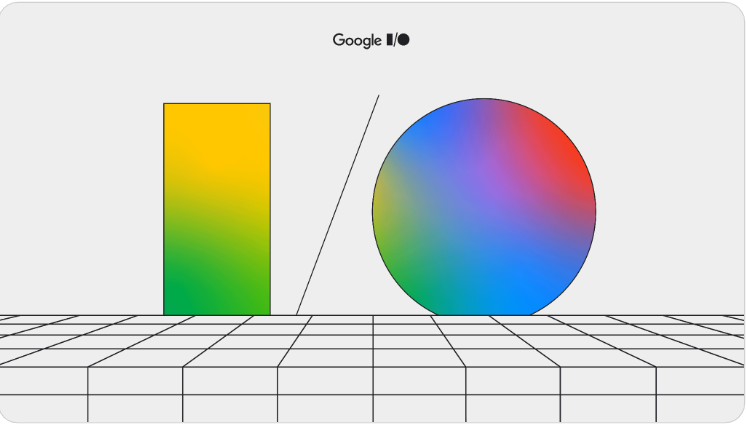
ACM Fellows for 2011
December 8, 2011
Posted by Alfred Spector, Google Research
Quick links
Cross-posted with the Official Google Blog
Congratulations to three Googlers elected ACM Fellows
It gives me great pleasure to share that the Association for Computing Machinery (ACM) has announced that three Googlers have been elected ACM Fellows in 2011. The ACM is the world’s largest educational and scientific computing society, and the Fellows Program celebrates the exceptional contributions of leaders in the computing field. This year the society has selected Amit Singhal, Peter S. Magnusson and Amin Vahdat for their outstanding work, which has provided fundamental knowledge to the field.
The recently-named Fellows join 14 prior Googler ACM Fellows and other professional society honorees in exemplifying our extraordinarily talented people. On behalf of Google, I congratulate our colleagues. They embody Google’s commitment to innovation with impact, and I hope that they’ll serve as inspiration to students as well as the broader community of computer scientists.
You can read more detailed summaries of their achievements below, including the official citations from the ACM.
Dr. Amit Singhal, Google Fellow
For contributions to search and information retrieval
Since 2000, Dr. Amit Singhal has been pioneering search as the technical lead for Google's core search algorithms. He is credited with most of the information retrieval design decisions in Google Search – a massive system that has responded to hundreds of billions of queries. More than anyone, Amit has a deep understanding of Google’s entire algorithmic system. He is responsible for prioritization and has overseen the development of numerous algorithmic signals and their progression over time. He is the clear thought and managerial leader who has led critically important initiatives at the company. Among many other things, Amit catalyzed Universal Search, which returns multi-modal results from all available corpora; he was the force behind Realtime Search, which returns results from dynamic corpora with low latency; and he championed Google Instant, which returns search results as the user types.
Prior to joining Google, Amit boasted a prolific publication record averaging 5 publications/year from 1996-9 while at AT&T Labs. Since that time, you could say Google Search has been one long, sustained publication demonstrating a constant advancement in the state of the art of information retrieval.
Peter S. Magnusson, Engineering Director
For contributions to full-system simulation
Peter has made a tremendous impact by driving full-system simulation. His approach was so advanced, it can be used in real world production of commercial CPUs and prototyping of system software. Starting in 1991, Peter began to challenge the notion that simulators could not be made fast enough to run large workloads, nor accurate enough to run commercial operating systems. His innovations in simulator design culminated in Simics, the first academic simulator that could boot and run commercial multiprocessor workloads. Simics saw huge academic success and has been used to run simulations for research presented in several hundred subsequent publications.
Peter founded Virtutech in 1998 to commercially develop Simics, and he ultimately forged and became the leader in a new market segment for software tools. With Peter at the helm, Virtutech pushed Simics beyond several performance barriers to make it the first simulator to exceed 1 billion instructions per second and the first simulator to model over 1,000 processors. Peter joined Google in 2010 to work with cloud computing.
Dr. Amin Vahdat, Principal Engineer
For contributions to data center scalability and management
Amin’s work made an impact at Google long before he arrived here. Amin is known for conducting research through bold, visionary projects that combine creativity with careful consideration of the engineering constraints needed to make them applicable in real world applications. Amin’s infrastructure ideas have underpinned the shift in the computing field from the pure client-server paradigm to a landscape in which major web services are hosted “in the cloud” across multiple data centers. In addition to pioneering “third-party cloud computing” through his work on WebOS and Rent-A-Server in the mid-90s, Amin has made important advancements in managing wide-area consistency between data centers, scalable modeling of data center applications, and building scalable data center networks.
Amin’s innovations have penetrated and broadly influenced the networking community within academia and industry, including Google, and his research has been recapitulated and expanded upon in a number of publications. Conferences that formerly did not even cover data centers now have multiple sessions covering variants of what Amin and his team have proposed. At Google, Amin continues to drive next-generation data center infrastructure focusing on Software Defined Networking and new opportunities from optical technologies. This is emblematic of Amin’s ability to build real systems, and perhaps more significantly, convince people of their value.
-
Labels:
- Conferences & Events
- Programs


